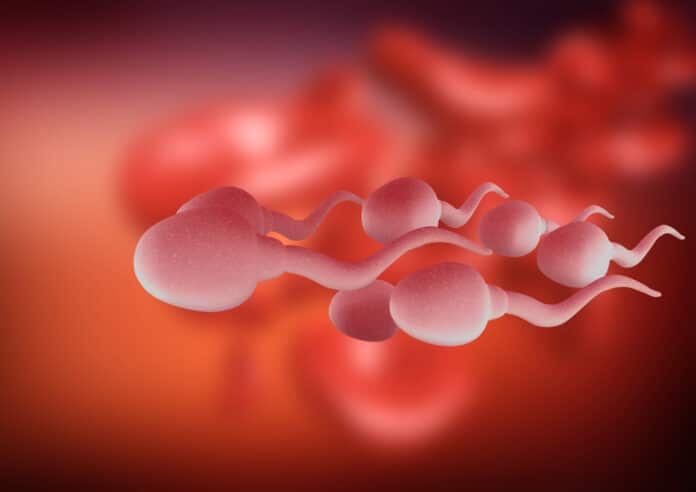
In a recent study published in the journal Human Reproduction Update, researchers found that over the past fifty years, human sperm counts appear to have dropped by more than 50% around the globe.
This new study, published in November 2022, reviewed and analyzed data from 38 studies and is the first to report a decline in South and Central America, Asia, and Africa.
The Decline is Accelerating
Studies from 1973 showed that the average sperm count at that time was around 104 million per milliliter. Today, however, the average sperm count is around 49 million per milliliter.
Between 1973 and 2018, sperm counts appear to have fallen an average of 1.16% per year. This makes for a 52% decline in sperm count across the globe in that 45-year period.
Even more troubling, the rate of decline appears to be accelerating. Between 2000 and 2018, the average rate of decline increased to 2.64%.
Why is This Happening?
The exact cause of this decline is not yet known.
One possible explanation revolves around the connection between a man’s reproductive health and his overall health. Or in other words, this decline in sperm count may simply represent a decline in overall health.
The same risk factors that typically harm overall health are also known to be harmful to semen quality.
People tend to eat less healthily, be more obese and less active, and generally less healthy than ever before. Plus, people are exposed to more endocrine-disrupting chemicals and pollutants than ever before, both through food and the environment.
These factors could potentially directly impact male reproductive health, leading to lower sperm counts and other fertility-related issues.
Is This Really a Problem?
For the most part, many experts say that this isn’t yet a cause for alarm.
Normal sperm counts are typically considered to be at least 40 million per milliliter. So even though the average rate appears to have dropped to 49 million per milliliter, it’s still within the normal range for most individuals.
There is also a question of how accurate the historical data is. Methods of semen analysis have improved dramatically since the ’70s, which could make it seem as if sperm counts have dropped when we’ve just gotten better at measuring them.
Further research will continue to explore this issue in more depth and help to shed more light on the current state of male fertility.
In the meantime, if you’re concerned about your reproductive health, don’t hesitate to speak with your doctor and get a professional opinion. They can help you determine if any action needs to be taken for your particular situation.
Furthermore, taking steps to improve your overall health can also benefit your reproductive health. Eating right, exercising, and healthily managing your stress can all help to improve your reproductive health and maintain a healthy sperm count.



















